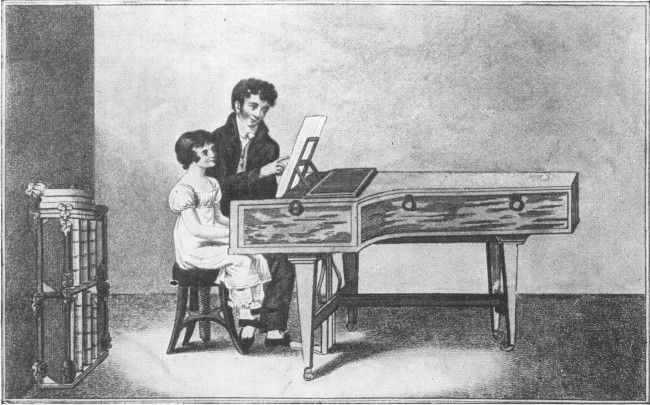In his
celebrated essay, “The Town Week” E. V. Lucas very artistically painted
various moods and attitudes of the urban people in the seven days of
a week.
On
Monday, people wake up from their dreamy and lazy languor. The day seems flat
as if without any colour and flavour. The fun and relic of the Saturday
and Sunday have gone. They look morose and pale. A dull and monotonous life is
going to eat them up once again. Reluctantly, people come back to their workplaces from their village home. The town becomes populated and busy. The local
trains are over-crowded. They do not put their interest in their work. So,
most of the time, they enjoy gossiping with their colleagues about their
week-end spending.
The
laziness of Monday almost dries up on Tuesday. People become more active and
exciting like “glittering star”. They take their job more seriously. The day is
pretty good for the businessmen.
The
week looks more stirring and energetic on Wednesday. It is the favourite day of
the author. Friends are easily accessible that day as they remain at their townhome. There are matinees on Wednesday. Some delightful papers and
magazines generally come out that day. The day is holy, some
people do test their luck. Business contracts are usually signed on that day.
Surely,
Thursday gets some strange features. “It is a good honest day...” The day is
really auspicious for the religious-minded people. Parents admit their children
into the different institution on that very day. It is not the kind of day to take
rest idly. To say one word, it is a day of health, wealth, prosperity and
wisdom.
Friday
is a bit flurried and excited. The people get too much busy as they pack their
bag and baggage for returning home. The offices look almost barren
like a desert. The day is the herald of the Saturday and Sunday.
People found relief from the boredom of office duty. Their eyes shine with joy
for another two-day vacation. Friday paves the way to Saturday.
For
most people, Saturday is not a day at all; rather it is
a collection of hours. It has no definite character. For some people,
it is a day of luxury, and for some entertainment. It is a day we plan
for, and therefore it is often a failure. The trains remain fully packed and
run late. The shops close too early.
Sunday
is the happiest day of the week. Different people enjoy this day
differently. They like to label this day as their own. A few people engage
themselves in domestic duty. They hardly get any scope for entertainment. Only
on Sunday, it seems, time runs very fast. It rushes before tasting it fully.
But Sunday evening is the most pathetic for the next day will be Monday. In
another sense, Sunday is the week itself, and other days are mere preparation
for it.

Comments
Post a Comment